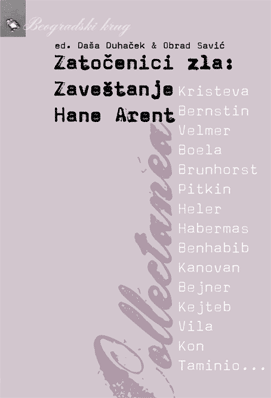
We kindly inform you that, as long as the subject affiliation of our 300.000+ articles is in progress, you might get unsufficient or no results on your third level or second level search. In this case, please broaden your search criteria.

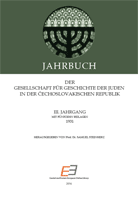




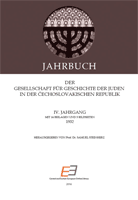




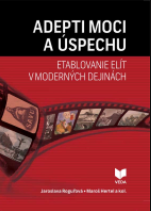
There has been always been a great buzz around Valerián Bystrický. It is not different even today. His study is almost continuously occupied by his friends, colleagues and pupils. They work not only at his household institution – the Institute of History of the Slovak Academy of Sciences – but also at other scholarly institutions and universities. They come to him for a friendly chat and to discuss their professional issues expecting his opinion and advice. Authors who participated on this publication represent a small sample of them. The topics included in this book represent a very broad and colorful spectrum and the same can be said about the view and professional erudition of Dr. Bystrický. It would be not very useful to list all the topics he has dealt with. They can be found in the selected bibliography of his writings at the end of this book. It doesn’t matter if he is dealing with European or Slovak history; the 1st and 2nd Czechoslovak republic or the war Slovak republic; politics, personalities or society – all his works are characterized by comprehension, detachment and great knowledge of sources. He doesn’t belong to theoreticians or speculative methodologists of various systems and –isms. He goes to the problem always in medias res. His method is the accurate documentation of historical processes and consistent knowledge about the searched topic and sources. That is how his pertinent works based on arguments had been created. Many of them belong to fundamental and pioneering works of our historiography. We must admire the curiousness and interest of Dr. Bystrický for new problems. We can say that a man with such an erudition and detachment can’t be surprised easily. It is a gift or a privilege that there is always something which he is interested in – he is still able to contemplate and to think intensely about historical and social problems. He is a proponent of the necessity to always take a clear and resolute stand to key questions. He is not shy to let his positive or negative attitude be known. The latter possibility brought numerous stories, occasional good-hearted acrimonies and anecdotes that are still very popular. They originated from the fact that he is a well-known enemy of smallmindedness and petty wars. As he often says: „Something is always going to happen.” For a scholar of his caliber, one must admire the graciousness of Dr. Bystrický which has an extra significance in the scholarly circles. In connection with his natural authority, it has a special value mainly for the middle generation of today’s historians. He has always treated them with human understanding and they have had the opportunity to cooperate with a wise and helpful man.
More...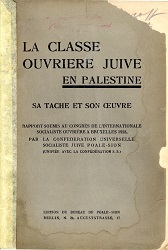
Published 1928 by: EDITION DU BUREAU DE POALE-SION, BERLIN, N. 24, AUGUSTSTRASSE, 17 // The booklet provides an analysis of the way how immigrants from Europe to Palestine get engaged into the regional economy. Wealthy Jewish immigrants (mainly from Western Europe) , developing enterprises in agriculture, industry, or trade-business are providing employment rather to Arab workers (for lower wages) than to poor Jewish immigrants (mainly from Eastern Europe). So, in their socialist approach the authors come to the result that equal pay for Jewish and for Arab emploees should be obligatory for the "Capitalist immigrants".
More...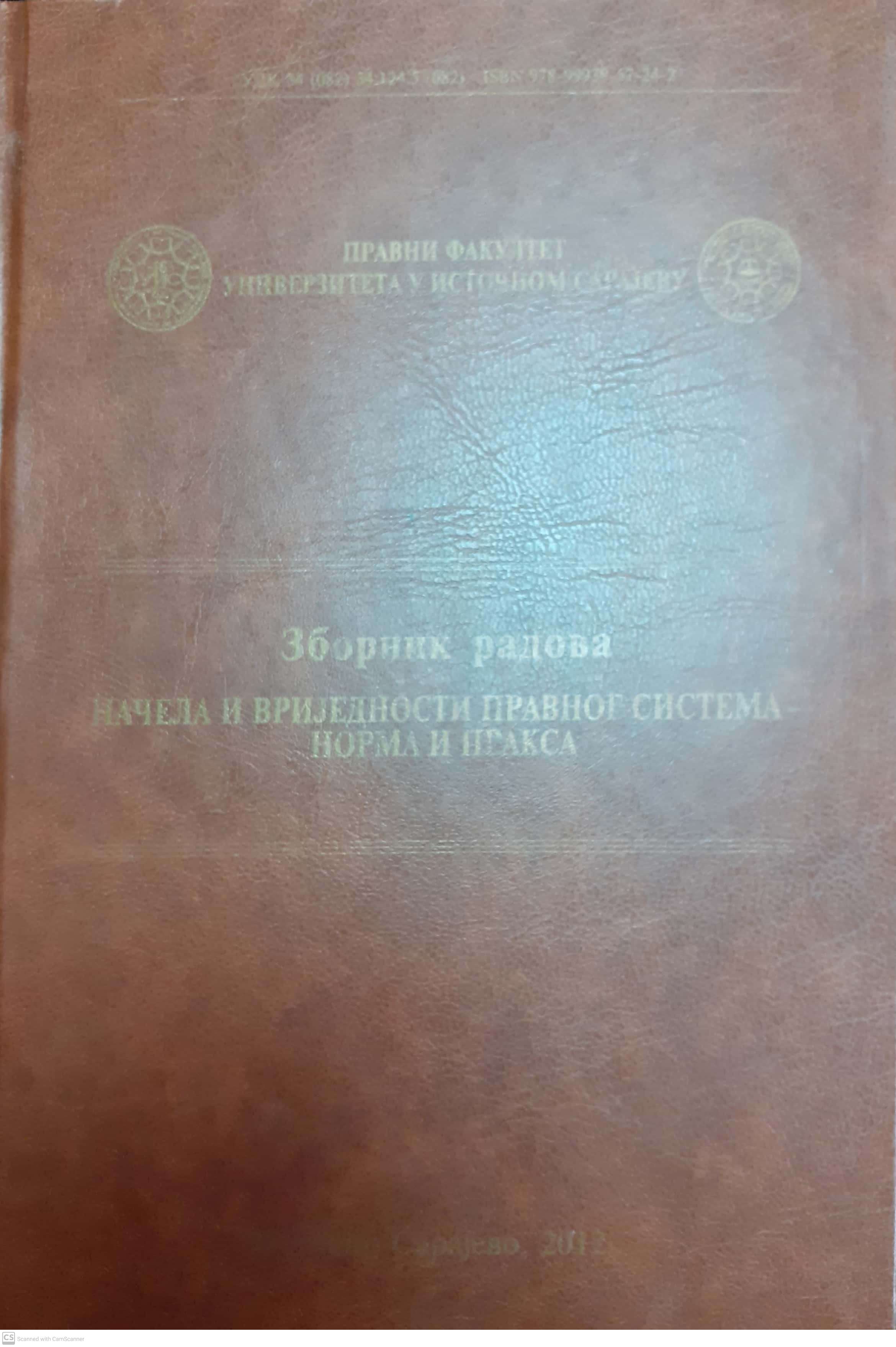
The author deals with the relationship between the Vatican, through its system of legal and ethical values, to women and Jews. Then the relationship of law and ethics is transferred to the field of modern society, considering the different views of the genocide, some of which are unethical and based on a distinctive conception of genocide in the light of political and ideological needs.
More...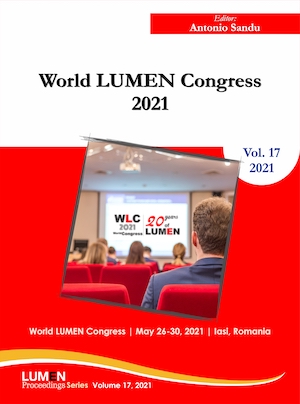
Grounded on Giorgio Agamben's assertion that once the historical, technical and legal context of the Jewish genocide has been sufficiently clarified, we are facing a serious challenge when we really seek to understand it and becomes more thought-provoking when we try to represent it. The difference between what we know about the Holocaust and how this delicate issue should be represented is facing major challenges in the context of content abundance on both Holocaust classical analyses or contemporary digital formats.Contemporary society is facing ethical and emotional limitation regarding Holocaust representation. What is the right way to represent the Holocaust after eight decades since the Holocaust took place is one of the relevant questions that arises in this context? How to live, what to do, and how do the consequences of my actions affect society after the Holocaust experience,are some of the quests of Elie Wiesel’s life. The paper will highlight how his storytelling provides some guidelines for shaping a possible good way of representing the Holocaust and what are its resources. It will also illustrate what are the ethical components of his storytelling that constitute an example of ethical conduct and give some relevant suggestions on how to instrument them in order to place Holocaust representation on a progressive way of reflection.
More...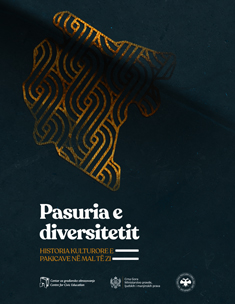
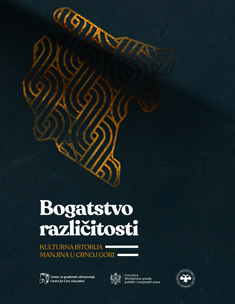
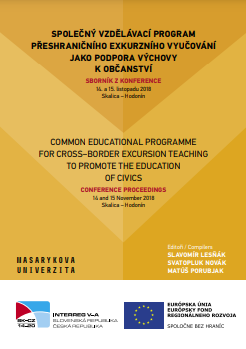
Trnava has a specific significance in the religious history of Slovakia, and in some historical periods this importance extends beyond the boundaries of Slovakia and, at the same time, it acquires a dimension that extends to other than religious and confessional aspects of society. The paper deals with the key problems of Trnava’s position in religious life, focusing largely on the importance of the town in the history of the Catholic Church from the Middle Ages up to the 20th century. In addition, it focuses on the history of the Evangelical Church of the Augsburg Confession and the Jewish religion as the confession which also shaped the history of the town. The issue is explored from the point of view of the possibilities of using the results for the preparation of excursion education, paying attention to specific places in Trnava which could be used for excursions.
More...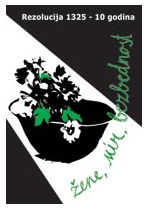
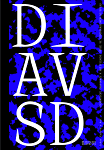
Cílem je demonstrovat problematiku židovských dějin vysvětlením a v některých případech pokusem o vyvrácení určitých zažitých stereotypů. Problematika Židů v dějinách je velmi často spojena pouze s holocaustem a dějinami 20. století. Velmi často je upozaďován výklad židovského všedního života vzhledem k jejich kulturnímu a vědeckému přínosu pro společnost. Cílem je prostřednictvím pochopení určitých pojmů „nastartovat“ vidění minulosti ve světě kolem nás. Důležitou součástí je práce s digitalizovanými prameny, které mohou napomoci pochopení historie, a to zejména v regionálním kontextu.
More...